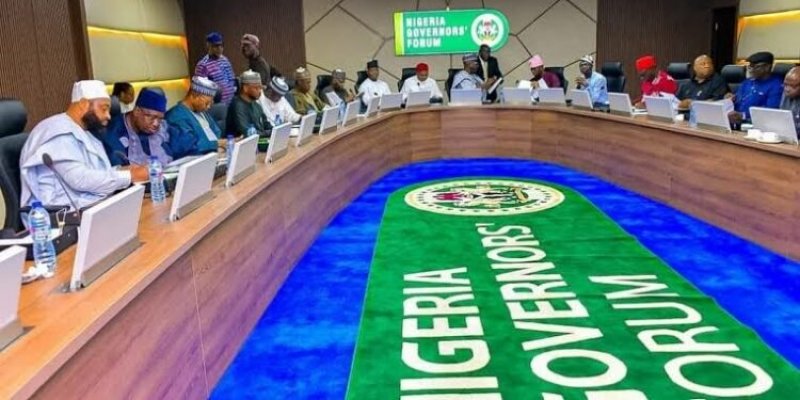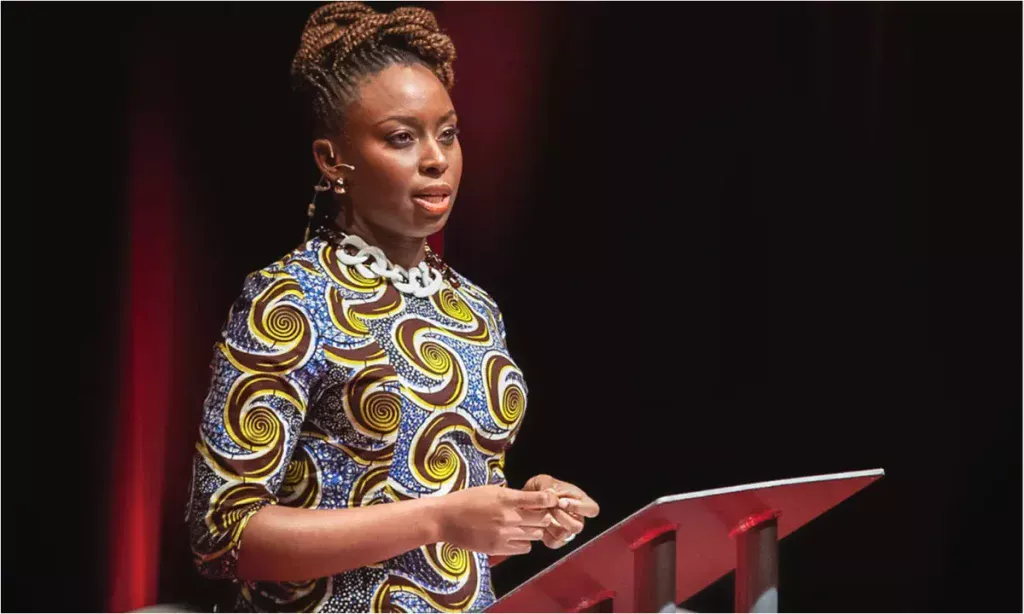Salihu Lukman, the former National Vice Chairman of All Progressives Congress, North-West, has been a vocal critic within the party, revealing his concerns about the direction of the APC and the leadership of figures such as Abdullahi Ganduje and Bola Tinubu. In an exclusive interview with Media Talk Africa, Lukman sheds light on his tumultuous relationship with the party and his perspective on influential party members.
When asked about his decision to relinquish his APC NWC seat, Lukman expressed his disillusionment with the internal dynamics of the party. He cited perceived forces working against him and the divisions within the Progressive Governors’ Forum as compelling factors that led to his resignation. While acknowledging the protection he received from certain party leaders, Lukman highlighted the personal risk and the need to safeguard his political career.
Regarding the appointment of Abdullahi Ganduje as the replacement for Abdullahi Adamu, Lukman didn’t mince words. He criticized Ganduje for his lack of proactivity and likened his conduct to that of his predecessor, Adamu, suggesting that Ganduje had failed to fulfill the obligations incumbent upon the national chairman. This candid commentary pointed to Lukman’s deep-seated concerns about the party’s leadership and its adherence to constitutional obligations.
Despite his vocal opposition to certain party members, Lukman emphasized that his intentions were founded on genuine concern and not self-interest. He underscored that speaking out against the perceived failings of leaders was a manifestation of his activist background and a desire to hold leaders accountable for their actions.
Furthermore, Lukman articulated his disappointment with the political marginalization of the North-Central region under the influence of Bola Tinubu, a figure whom he acknowledges with respect but publicly criticized for what he deemed a biased decision-making process. Lukman’s candid remarks underscored his unwavering commitment to the principles of fairness and equitable representation within the party.
When questioned about the potential repercussions of his outspoken criticisms on his future within the APC and the possibility of federal appointments, Lukman maintained his resolve, emphasizing that his critiques were not aimed at undermining leaders but rather ensuring accountability within the party. His steadfast dedication to upholding his principles was evident in his unwavering stance despite potential ramifications.
Ultimately, Salihu Lukman’s unapologetic stance and unwavering commitment to holding APC leaders accountable have positioned him as a prominent and, at times, contentious figure within the party. His outspoken nature, rooted in a desire for transparency and fairness, sets him apart as a compelling voice in the ongoing discourse surrounding the APC’s trajectory and leadership.
Asiwaju Tinubu: An Unfiltered Conversation on Politics and Priorities
In an exclusive interview with Media Talk Africa, Asiwaju Bola Tinubu, a prominent Nigerian political figure, offers candid insights into the state of the nation and his personal journey. Providing a unique blend of political analysis and personal reflection, Tinubu addresses the challenges faced by Nigeria and his vision for the future.
Tinubu’s candid remarks reveal his deep concern for the current state of affairs in Nigeria. With unequivocal passion, he delves into the pressing issues that demand urgent attention from the government, emphasizing the need for selfless leadership in these trying times. His unwavering commitment to the nation’s well-being permeates every word, making it clear that his priorities transcend personal gains.
Reflecting on the landscape of governance, Tinubu expresses his initial expectations upon assuming a leadership role, lamenting the absence of robust party engagement and constructive dialogue within the political sphere. His critique of the government’s handling of critical matters such as fuel subsidy and exchange rates demonstrates a profound grasp of policy intricacies and a resolute call for decisive action. Through his words, Tinubu articulates a call to arms for a more proactive and accountable administration.
Beyond the realm of politics, Tinubu offers a glimpse into his personal resilience following his resignation from the APC National Working Committee. With remarkable candor, he reveals the initial hardships he faced, juxtaposed with his current sense of contentment – a testament to his determination and resourcefulness. His unapologetic stance on personal responsibility and foresight resonates with readers worldwide, transcending political divides and ideological differences.
Dispelling any notion of ulterior motives, Tinubu vehemently dismisses claims of engaging in negotiation for personal gain. With an unwavering commitment to his principles and a focus on legacy-building, he dismantles misconceptions surrounding his activism, offering a glimpse into the steadfast resolve that has shaped his journey.
As the interview draws to a close, Tinubu’s parting words encapsulate his unwavering dedication to personal accountability and principled governance. His steadfast commitment to charting a course for the greater good, unencumbered by personal ambition, underscores the depth of his convictions and his unwavering resolve to leave a lasting impact.
In unveiling the layers of Asiwaju Bola Tinubu, this interview transcends the realm of standard political discourse. It offers a rare glimpse into the mind of a leader whose legacy is defined by resilience, responsibility, and an unyielding commitment to the welfare of the Nigerian people.



